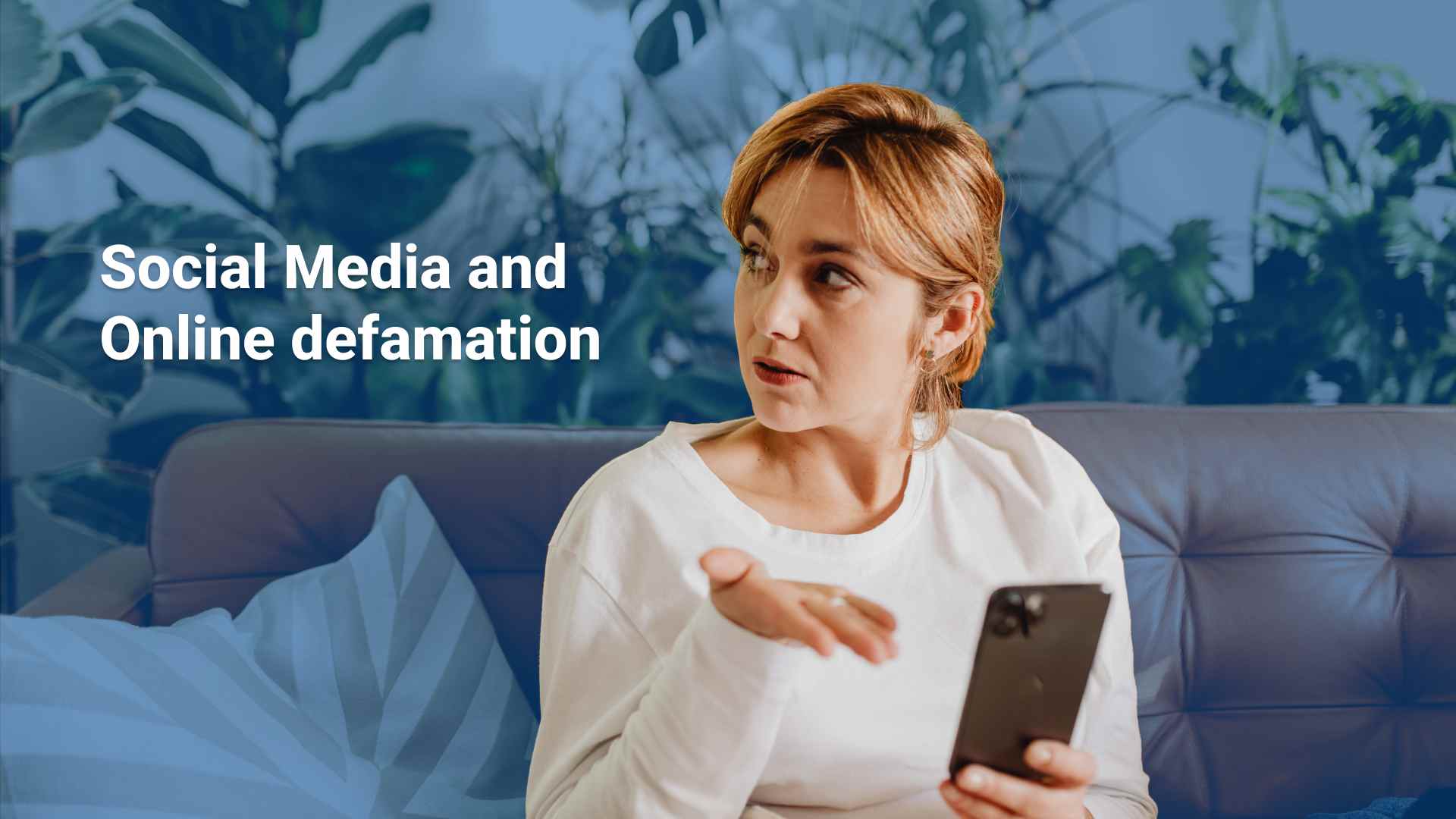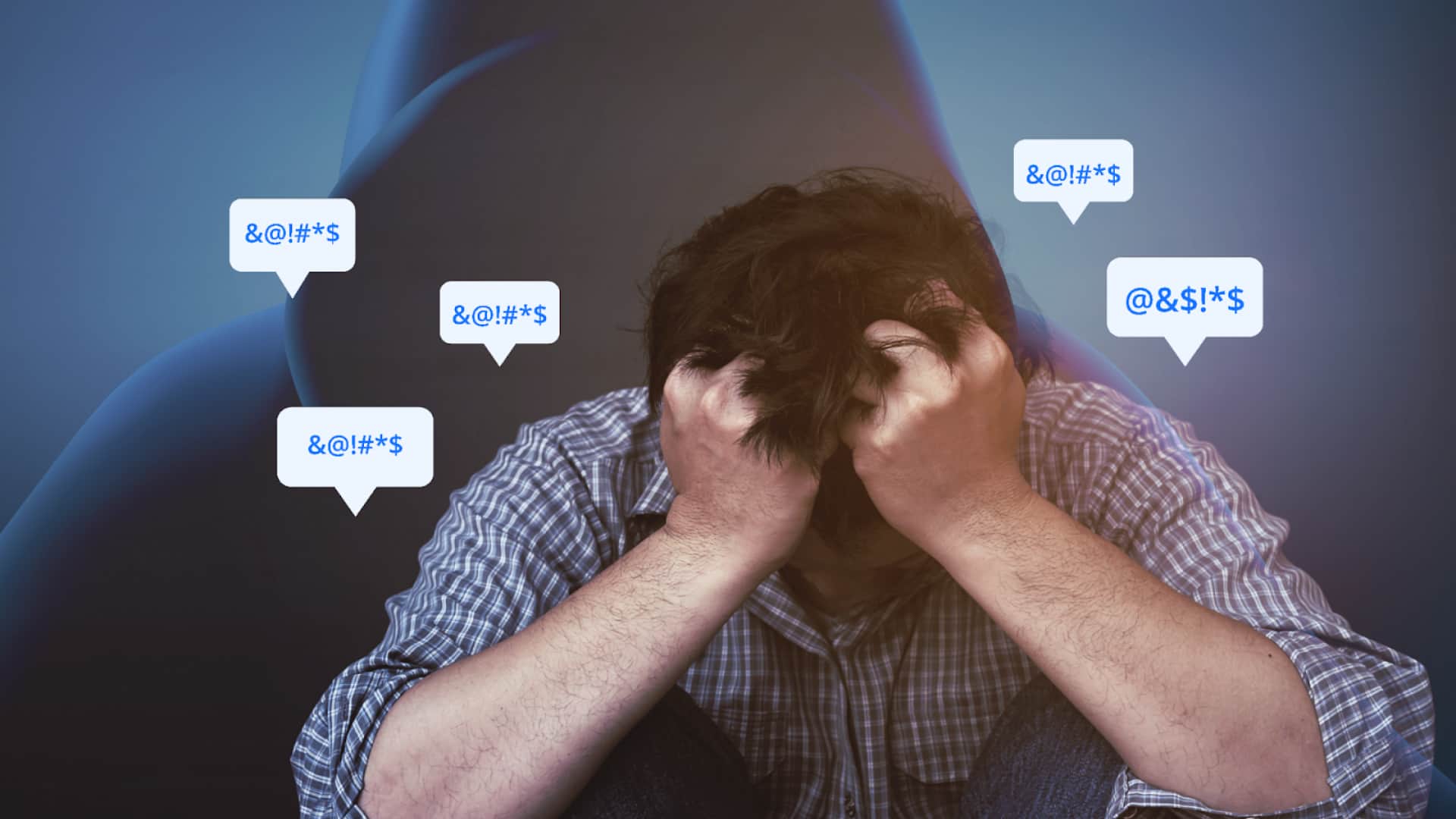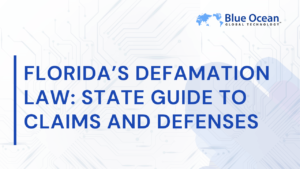Social media defamation is the modern-day libel. With billions of users posting content on platforms like Facebook, Reddit, X (formerly Twitter), and TikTok, the spread of harmful false statements has become a serious legal issue. Whether you’re a victim of reputation damage or accused of defamation, understanding how defamation works online and what legal rights and remedies are available is essential.
This guide breaks down the key elements of social media defamation, real court case outcomes, legal defenses, and how to respond effectively. If you’re dealing with online slander or libel, this page will help you navigate your next steps and link you to crucial resources like how to prove defamation and how damages are calculated.
Why Social Media Defamation Matters Today?
Social media defamation refers to harmful, false statements shared on public platforms damaging a person or business’s reputation. With over 70% of Americans active on platforms like Facebook, Reddit, and X (formerly Twitter), the scope of reputational risk has never been higher.
Learn more about how this ties into broader issues of online defamation and the laws that govern it.

Picture Credits: Freepik
What Counts as Defamation on Social Media?
To qualify as defamation, a post must meet specific legal standards. According to U.S. defamation law, you need to prove:
- False Statement: The claim isn’t just mean it’s objectively untrue.
- Publication: The content was shared online to a third party.
- Negligence or Malice: The poster either didn’t fact-check or acted maliciously.
- Harm: Your reputation, finances, or emotional health were damaged.
To see how this is proven step by step, visit our complete guide on how to prove defamation.
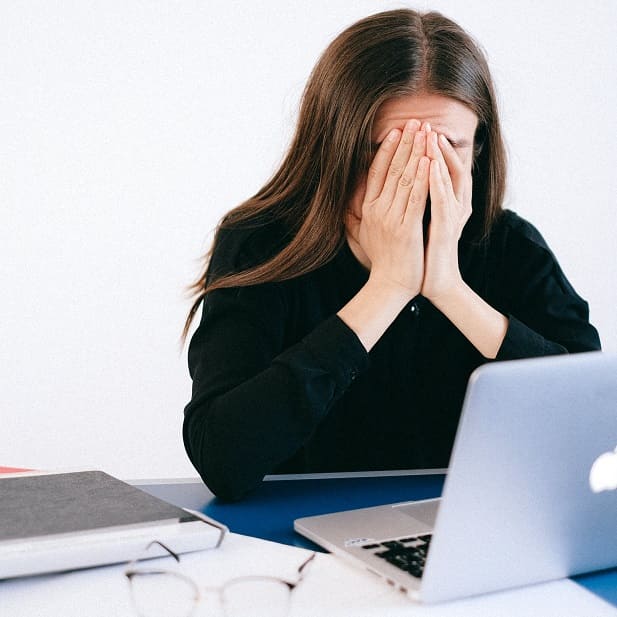
Picture Credits: Pexels
Where Social Media Defamation Commonly Happens?
Some of the most frequent locations for defamatory content include:
- Facebook Groups & Pages – Accusatory comments with high visibility
- Reddit Threads – Anonymity fuels false accusations
- X (formerly Twitter) – Rapid viral spread of lies
- YouTube & TikTok Comments – Attack personal branding
- LinkedIn Posts – Damaging for professional reputation
We’ve outlined real examples of platform-based defamation cases in a separate case study.
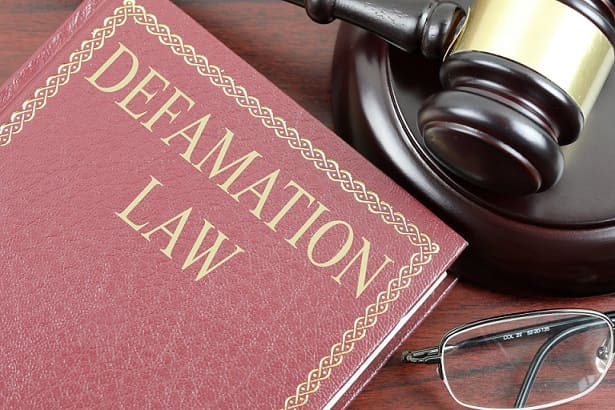
Picture Credits: Pix4free
Examples of Social Media Defamation Cases
Real-world court decisions highlight how seriously the law treats false online statements:
- Doe v. Blogger: A fitness coach falsely accused of steroid abuse on Reddit. Awarded $100,000 for reputational harm.
- Local Business vs. Facebook User: False claims about health violations posted to a community group. Settled for $75,000 plus content takedown.
You can explore more in our in-depth list of online defamation case studies.
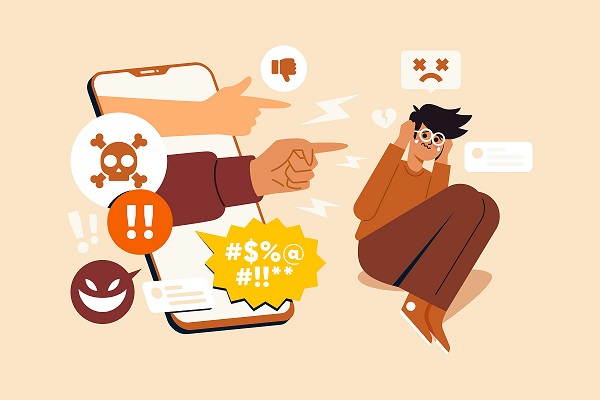
Picture Credits: Freepik
We Value Reputation,
Let’s Rebuild Yours.
A High Reputation Comes With a Cost, Put Value on It.
Legal Defenses in a Social Media Defamation Case
If you’re defending yourself against such a claim, you may rely on these legal defenses:
- Truth: If it’s true, it’s not defamatory.
- Opinion: Pure opinion isn’t actionable.
- Consent: If the individual allowed the statement.
- Privilege: Statements in legal or government settings.
We discuss these defenses further in our guide on defamation law essentials.
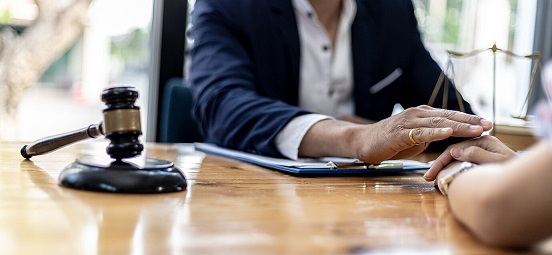
Picture Credits: Freepik
How to Respond to Social Media Defamation?
If you’re a victim, here are the immediate steps:
- Take Screenshots – Before anything is deleted.
- Report the Content – Use platform tools (e.g., Facebook, X).
- Send a Cease-and-Desist Letter
- File a Legal Claim – With digital and financial proof.
For expert help preparing your evidence and calculating impact, consult our internet defamation expert witnesses.
What Damages Can You Claim in Court?
Courts may award three types of damages in social media defamation:
- Special Damages – Documented financial loss
- General Damages – Harm to reputation, stress
- Punitive Damages – When malice is proven
To understand how payouts are calculated, read our guide on defamation damages.
FAQs on Social Media Defamation
Can I sue for a tweet or post?
Yes, if it’s factually false, publicly visible, and has caused harm.
What if the post was deleted?
If you have screenshots or archives, it can still be actionable.
Are negative reviews considered defamation?
Only if they’re proven false and damaging.
Do social platforms get sued too?
Usually not, Section 230 of the Communications Decency Act protects them. Learn more in our post on legal remedies and platform liability.
Want to Strengthen Your Case?
We also provide expert support for cases involving emotional distress damages, which often accompany social media defamation.
Reach out to us to learn how to build a consistent brand that stands out, with expert marketing tips straight to your inbox.
Let us help you in becoming a better marketer. Contact us today!


